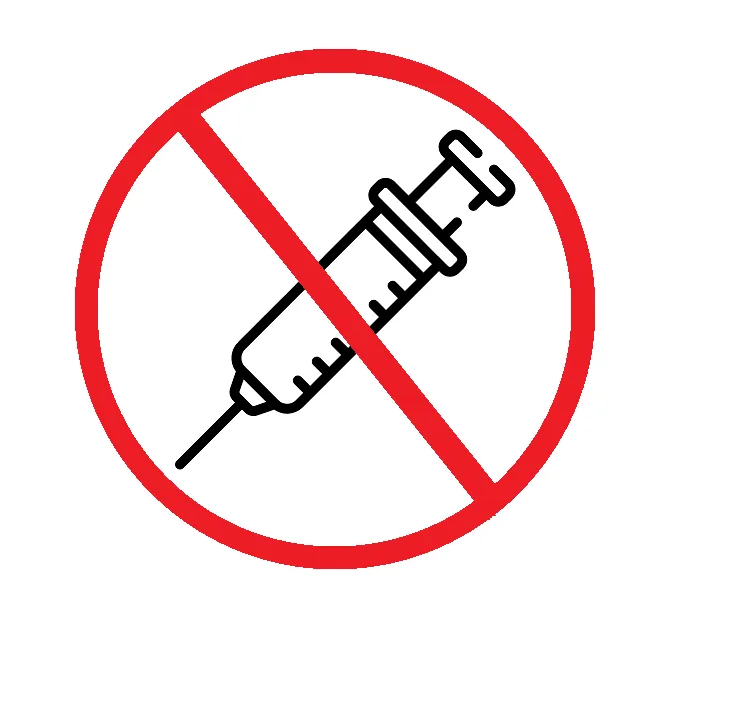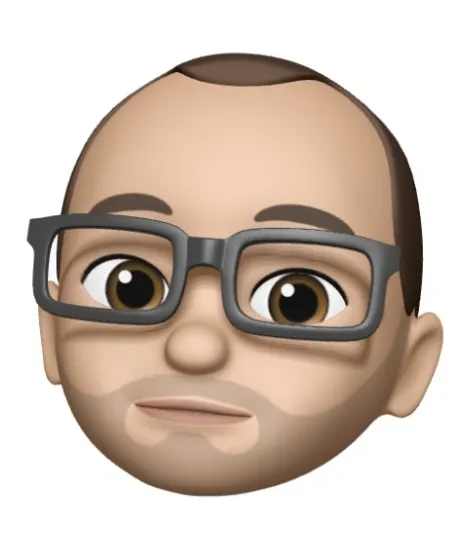Modern medicine is surprising.Not only is it more and more effective but in recent years it has also become more convenient, futuristic and innovative.
So why in 2019 so many people still need to inject every day to stay alive?
This is a problem that the Israeli Biopharmaceutical Company Kadimastem tries to solve.
As?With a revolutionary discovery for the treatment of diabetes that plans to eliminate needles in insulin -dependent patients.
And how does it work?It is a device capable of creating the hormone responsible for reducing blood sugar levels autonomously inside the body.
Diabetes is a metabolic disorder that generates excessive levels of blood sugar.There are two main types of diabetes: type 1 diabetes occurs when the pancreas cannot produce enough insulin.Type 2 diabetes occurs when the cells become insulin resistant.
As their bodies cannot produce the necessary insulin, all people with type 1 diabetes need to receive it from an external source.They are joined by 30 percent of patients with type 2 diabetes, who also become insulin-dependent.It is estimated that the global population of people who need their insulin doses daily are more than one hundred million.
Traditional medicine deals with this large -scale problem by providing insulin injections, which save millions of lives but are not very practical and uncomfortable.
"We have this raw material and we can turn it into insulin producing cells" - Kfir Molakandov, executive of Kadimimhem.
A more advanced therapy, discovered in 1999, released from insulin injections and glucose control to a group of patients who were implanted healthy islet cells.This method was revolutionary but depended (and still depends) on organ donation.It also required the suppression of the immune systems of the patients so that the new cells did not reject.Therefore, it is not an ideal solution.
This is where Kadimimhem wants to intervene.Instead of having people who expect organ donations, the Israeli company plans to create the necessary cells independently from embryonic stem cells.
«These cells can become any tissue that we like.And the good thing is that they can be multiplied to infinity, "said Kfir Molakandov, Diabetes Project Manager of Kadimastem.He added: "We have this raw material and today we know how to take these pluripotent cells and turn them into insulin producing cells."
"The patient will not feel his presence and, in general, he will not have to do anything else with him"
The researchers also thought of a simple but innovative way to prevent the possible rejection of healthy cells by the immune system: an encapsulation device that Kadimastem is developing with two corporate partners.
"This device isolates the (implanted) cells of the patient's immune system but at the same time it allows them to function effectively for a period of time," Molakandov explained to Israel21C.
According to the Executive, «the insertion of the device will imply a minor medical procedure.The patient will not feel his presence and, in general, he will not have to do anything else with him.They may have to replace these devices once a year, or every two. ”
According to Molakandov, this would mean a great advance with respect to current daily injections since today there are no devices of this type in the market although several companies investigate and develop similar treatments.
The Kadimastem insulin production system is in the stage prior to real tests.«We have already shown that thisSystem works in animals, ”said the researcher, who hopes to begin clinical trials in a few years.
The launch of the product will depend on compliance with the regulatory demands but Molakandov estimates that it will reach the market in the next decade.









